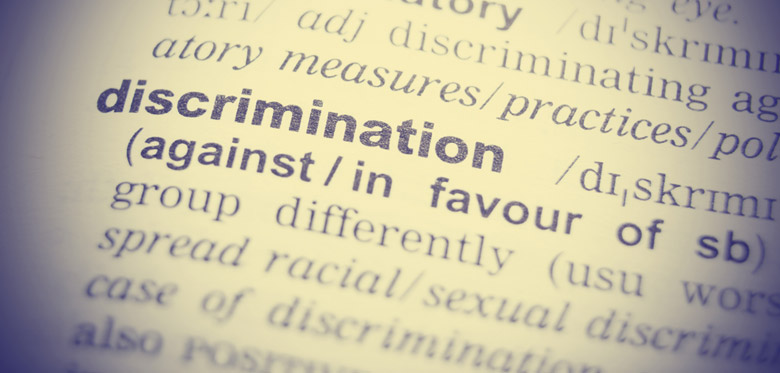The issue of discrimination is now a frequently discussed topic, in the news, and social media.
Despite the Equality Act 2010 being introduced to protect individuals from suffering less favourable treatment due to a characteristic which is protected, discrimination in the context of employment and in day to day life, still occurs.
If you are suffering or have suffered detriment due to having been treated less favourably than another individual and that treatment is connected to one or more of the characteristics protected and defined in the Equality Act 2010, then you may be able to pursue a claim for unlawful discrimination.
The protected characteristics as defined by the Equality Act 2010 include:
- Age
- Gender
- Race
- Sexual orientation
- Marriage and civil partnership
- Pregnancy
- Gender reassignment
- Religious beliefs
- Disability
Under the Equality Act 2010, if you hold one or more of these characteristics, you are protected from discrimination within your employment, and in your engagement with public services, businesses or organisations which provide goods or services and clubs and associations.
Common claims of discrimination, pursued under the Equality Act 2010 are direct discrimination, indirect discrimination, harassment and victimisation.
By way of example, direct discrimination could occur if you are treated less favourably than others within your employment because you are married or in a civil partnership. For example: you recently got married, and thereafter applied for promotion at work but you were not offered the role and within feedback provided your employer advised that as you had just got married, it was considered likely that you would be thinking about starting a family and would therefore have less time to commit to your work.
Indirect discrimination could occur where an organisation implements a policy, criterion or practice which puts people who are disabled at a disadvantage in comparison to those who are not. Such a policy is only permitted under the terms of the act if it can be shown that there is good reason for it and the policy is appropriate and necessary.
Harassment can occur for example, when a disabled person is treated in a way that is intended to and makes them feel humiliated, offended and/or degraded or they are placed in such an environment for a reason associated with their disability.
Victimisation could occur where you have made a complaint of discrimination or you are supporting someone who has made a complaint of such discrimination and thereafter you suffer a detriment. For example, you may have acted as a witness to a colleague’s discrimination claim or grievance against your employer and thereafter had been subjected to unwarranted disciplinary action
To bring a claim in the employment tribunal regarding discrimination in the workplace, your claim must be started within three months, less one day, of the discriminatory act complained of.
To bring a claim of discrimination against an organisation or service provider you must do so within six months, less one day of the discriminatory act having taken place.
It is therefore extremely important that in these circumstances, you seek specialist legal advice urgently.
If you feel that you may have suffered from discrimination and need further advice regarding this, please contact our specialist solicitors in the employment law and discrimination department on 0161 696 6170.
By Carrie Higgins, employment and discrimination advisor



Comments